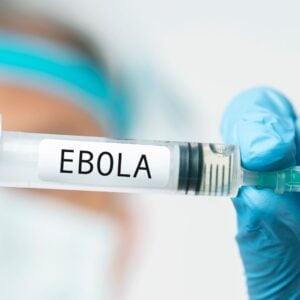Aisha Nangobi, a 29-year-old midwife and mother of two in Uganda, faced immense adversity when her husband became the first confirmed case in the 2025 Ebola outbreak and died within ten days. Nangobi herself tested positive, and shortly after, her 18-month-old son also contracted the virus. She describes the experience as psychologically, physically, and mentally overwhelming, yet found support through emergency response teams led by Uganda’s Ministry of Health, WHO, and other partners, which helped her navigate treatment and recovery.
Nangobi is part of Uganda’s National Ebola Survivor’s Programme, supported by the Ministry of Health, Baylor College of Medicine Children’s Foundation – Uganda, and the US Centers for Disease Control and Prevention. The programme provides comprehensive care for Ebola survivors, including medical treatment, mental health support, and psychosocial services to help them cope with trauma and reintegrate into their communities. Mental health and psychosocial support professionals, such as Ayub Maswaswa, deliver psychological first aid, family therapy, and group counselling, assisting both survivors and frontline responders who face burnout and trauma.
The initiative is part of Uganda’s broader Ebola virus disease recovery plan, which addresses long-term needs including health check-ups, counselling, and social and economic reintegration. Survivors often face challenges such as job loss, and the programme aims to create pathways for economic stability alongside medical and psychosocial support. WHO has supported these efforts by training health workers, reviewing and improving standard operating procedures, and establishing survivor clinics in regional and national referral hospitals to ensure continued access to care.
To facilitate community reintegration, WHO assisted with discharge activities, including providing admission and discharge packages, transportation, and follow-up reviews. Dr. Kasonde Mwinga, WHO Representative in Uganda, emphasizes that surviving Ebola involves more than leaving a treatment centre—it requires ongoing mental health, psychosocial, and economic support to help survivors rebuild their lives. Slowly, support from friends and the community is helping Nangobi and others regain stability, showing the critical impact of coordinated survivor care programs.






